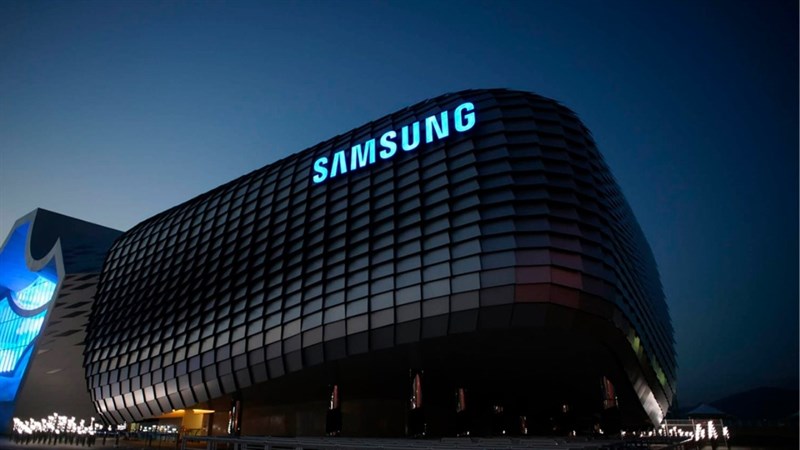
In a surprising turn of events, Samsung has announced its withdrawal from a $1 billion advertising campaign with the upcoming Olympic Games. The tech giant has cited concerns over what it perceives as the Olympics’ increasingly “woke” agenda as the primary reason for this decision. This move has sparked a significant conversation about the intersection of corporate sponsorship, social issues, and the role of major sporting events in addressing societal challenges.
The Decision to Withdraw
Samsung’s decision to pull out of this high-profile advertising campaign comes at a time when many corporations are increasingly aligning themselves with social justice causes. In a statement, Samsung expressed its discomfort with the direction the Olympics has taken, particularly focusing on its inclusion of various social and political messages that the company feels do not align with its brand values.
“We have always valued the unifying spirit of the Olympics,” said a Samsung spokesperson. “However, recent developments have led us to reconsider our participation, as we believe the Games should remain a neutral ground, free from political and social commentary.”
The Concept of ‘Going Woke’
The term “woke” has become a polarizing descriptor in recent years, often used to refer to heightened awareness and activism around social justice issues, including race, gender, and equality. While some view this as a positive and necessary evolution, others see it as an overreach into areas traditionally separate from political discourse, such as sports and entertainment.
Samsung’s decision highlights the tension between these perspectives. Critics argue that the company is avoiding its responsibility to support progressive social changes, while supporters claim that Samsung is right to preserve the apolitical nature of the Olympics.
Impact on the Olympics
The withdrawal of a major sponsor like Samsung is a significant blow to the Olympic Committee, which relies heavily on corporate sponsorships to fund the Games. The $1 billion campaign was set to be one of the largest contributions, aimed at promoting the Olympics globally and enhancing the experience for athletes and spectators alike.
Without Samsung’s support, the financial strain on the Olympics could lead to reduced resources for various programs and initiatives planned for the upcoming Games. This raises questions about how the Olympics will navigate the balance between maintaining financial stability and addressing contemporary social issues.
The Broader Corporate Landscape
Samsung’s move also sheds light on a broader trend within the corporate world. Companies are increasingly finding themselves at the crossroads of profitability and social responsibility. While some, like Nike and Ben & Jerry’s, have leaned into social activism as part of their brand identity, others, like Samsung in this instance, are opting to distance themselves from such movements.
This decision could set a precedent for other companies grappling with similar dilemmas. It may encourage a reevaluation of how corporations engage with major events that are starting to incorporate more explicit social and political messaging.
Conclusion
Samsung’s withdrawal from the $1 billion Olympic advertising campaign is a bold statement in the ongoing debate over corporate responsibility and social activism. By choosing to step back from the Olympics due to concerns over a “woke” agenda, Samsung has sparked a broader discussion about the role of sports in society and the expectations placed on corporate sponsors.
As the Olympics continue to evolve and incorporate more diverse perspectives, the question remains: How will corporations navigate this new landscape? Samsung’s decision may be just the beginning of a larger shift in how businesses engage with major global events and the social issues that increasingly intersect with them.





